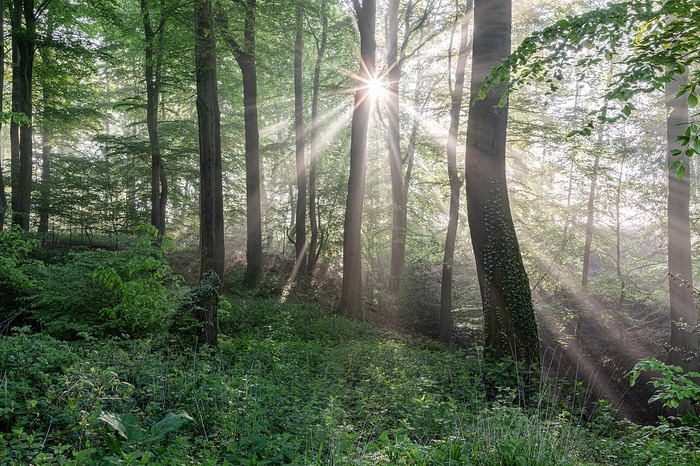The earth risks losing key ecosystems if current emissions trends do not change
The existing global climate consensus is limiting global warming to 1.5 °C, as enshrined in the Paris Agreement. However, as this limit has already been breached, it will lead to some irreversible ecological imbalances.
A new study published in Nature looks at what risks exist for forests if this threshold is overshot. Titled ‘Risks of unavoidable impacts on forests at 1.5 °C with and without overshoot’, the study observed the risks of irreversible impacts on forest ecosystems, such as the Amazon forest loss and high-latitude woody encroachment that look at overshooting 1.5°C scenarios at low levels.
According to the study, the impacts on human and natural systems are most likely to worsen due to a changing climate, and in some cases, these changes can be irreversible. Especially since these overshoot pathways have not been well quantified.
Tipping points worsen beyond 1.5°C
The study cited other studies where tipping points for forests were studied using idealised temporary overshoot trajectories. According to the data, changes came to a forest’s ecosystem when global warming exceeded 2 °C, as well as hysteresis — or lagging — in the forests’ response to cooling effects.
In other words, even if global warming exceeds 2 °C, and then gradually comes down, forest degradation may not reverse, as the tipping point would already be breached. According to the study, the risk of crossing critical climate thresholds increases significantly due to temporary overshoot, including in the Amazon rainforest. As of now though, a significant proportion of the Amazon is at risk of sudden, possibly irreversible, state transition, due to global warming.
In the long term, it is expected that large-scale forest loss can be mitigated by reducing temperatures below the 1.5 °C rise. However, the lack of real, quantified data on the relationship between forest recovery and temperature cooling, especially for key ecosystems like the Amazon and boreal forests, is troubling, and threatens the possibility of survival of these forest systems.
According to the study, the Siberian forest is expected to have a long-term, and possibly substantial expansion of tree cover. The expansion of boreal forests and the resulting carbon capture can potentially offset the carbon that will be released as a result of thawing permafrost.
For the Amazon rainforest, the situation is more grim. The study found that the world’s largest rainforest is “susceptible to a small, but significant risk of a long-term committed and irreversible dieback”. In other words, there will be substantial loss of forest cover, which will most likely be irreversible.
To sum up, the study argues that the threshold for dieback risks, and the 1.5 °C pathway enshrined in the Paris Agreement are quite close, and it’s important to maintain the balance. Otherwise, the world risks the irreversible loss of important ecosystems.
About The Author
You may also like
Can green trade barriers save the environment?
Rise in Fossil Fuel Burning is Making Floods Lethal in Asia
Climate Governance Shows Progress, But Gaps Still Remain 10 yrs After Paris Agreement: Report
A Fifth of Migratory Species Face Extinction from Climate Change: Report
Climate change, unplanned construction and a malfunctioning dam can worsen the flooding in north Bengal

